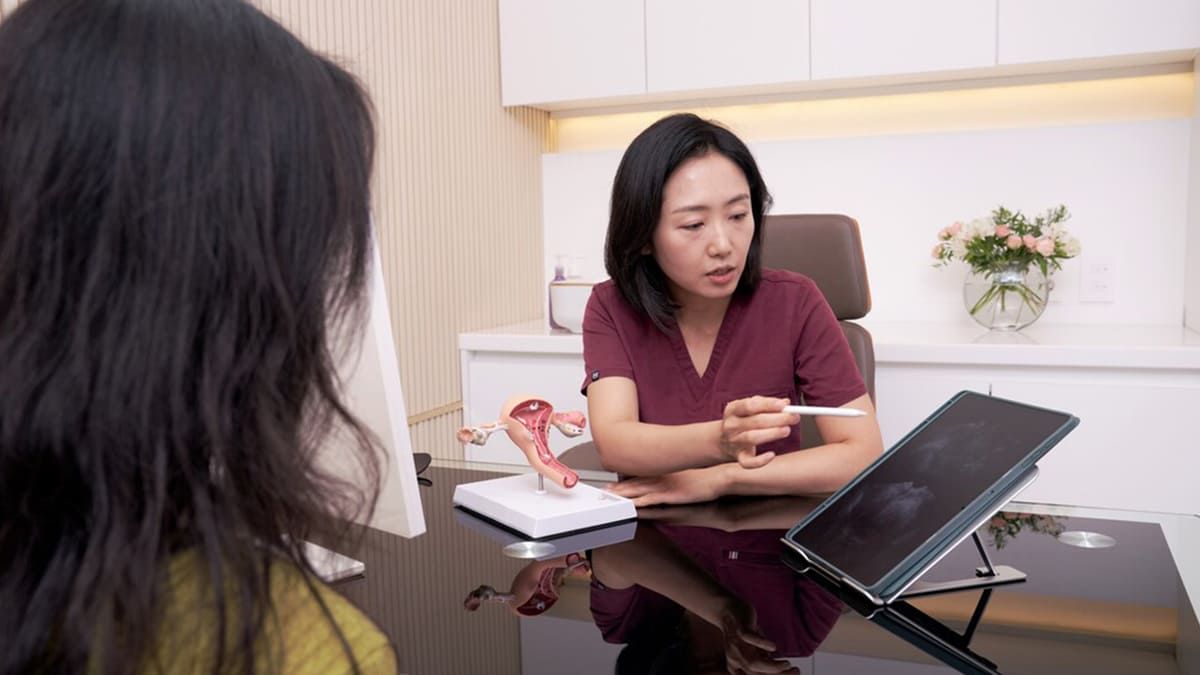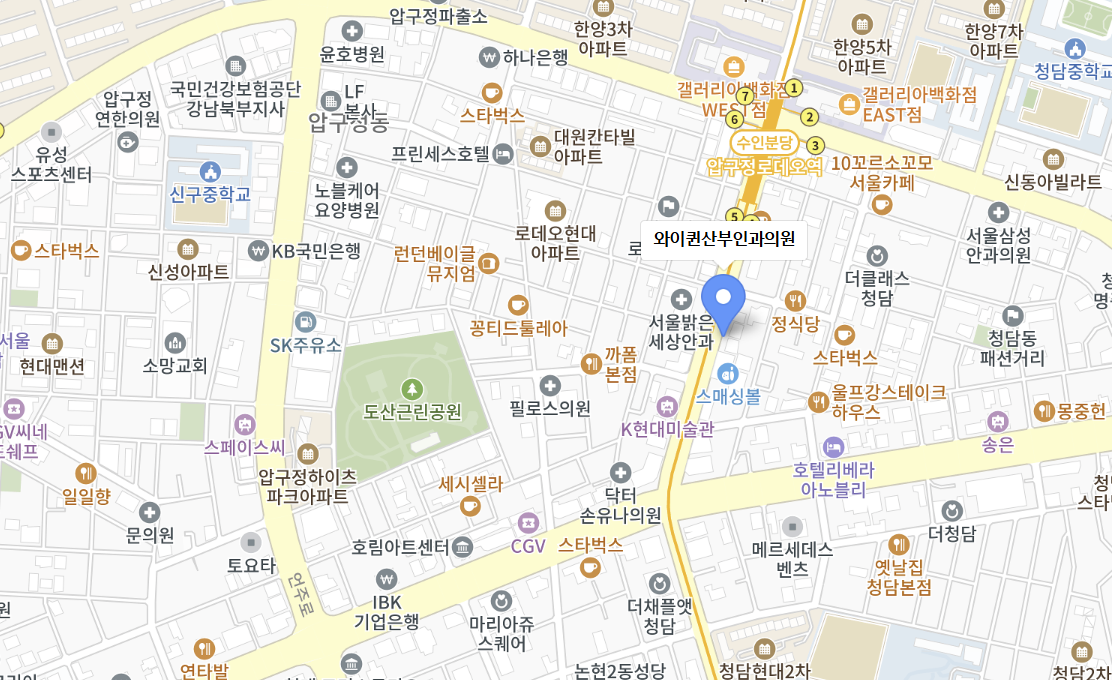PCOS Treatment in Korea
PCOS Treatment in Korea – Seoul | Affordable Prices, Best Care
Polycystic Ovary Syndrome (PCOS) is a common hormonal disorder. In Korea—especially Seoul—comprehensive and advanced treatment is readily available. Whether you're a resident, expat, or traveler, specialized care can help manage symptoms, improve fertility, and enhance overall well-being.
Why PCOS Treatment Matters
Effective PCOS management helps:
- Regulate Menstrual Cycles: Addresses irregular periods.
- Manage Hormonal Symptoms: Reduces acne, excessive hair growth, and hair loss.
- Improve Fertility: Aids conception if desired.
- Prevent Long-Term Complications: Lowers risk of type 2 diabetes, heart disease, and endometrial cancer.
- Enhance Quality of Life: Improves emotional well-being.
Where to Get Diagnosed & Treated in Seoul
Seoul offers excellent facilities for PCOS:
- OB/GYN Clinics: Often the first contact; many have PCOS expertise.
- Endocrinology Departments in Hospitals: For specialized hormonal imbalance care.
- Large University Hospitals: For complex cases, with multidisciplinary teams.
- International Clinics in Gangnam & Itaewon: English-speaking staff, catering to expats.
Cost Breakdown
PCOS diagnosis and treatment are generally affordable, even without national health insurance.
- Initial Consultation & Diagnosis (including blood tests, ultrasound): ₩100,000 – ₩300,000 (approx. $75 – $220 USD).
- Medication (per month):
- Oral Contraceptives: ₩10,000 – ₩30,000 (approx. $7 – $22 USD).
- Metformin: ₩5,000 – ₩20,000 (approx. $4 – $15 USD).
- Anti-androgens: ₩20,000 – ₩50,000 (approx. $15 – $37 USD).
- Follow-up Consultations (per visit, without tests): ₩30,000 – ₩70,000 (approx. $22 – $50 USD).
- Fertility-related Treatments: Costs vary significantly.
What to Expect During Diagnosis & Treatment
A typical approach involves:
- Medical History & Physical Exam: Symptom and health discussion.
- Blood Tests: Assess hormone levels, glucose, insulin, cholesterol.
- Pelvic Ultrasound: Check ovaries.
- Diagnosis: Based on Rotterdam Criteria (irregular periods, excess androgens, polycystic ovaries).
- Treatment Plan: Individualized, focusing on symptom management and health.
- Lifestyle Modifications: Diet and exercise.
- Medications: For cycle regulation, insulin resistance, hormonal symptoms, fertility.
- Fertility Support: Options from ovulation induction to IVF.
- Regular Monitoring: Track symptoms, adjust meds.
Prevention & Management Tips
- Maintain Healthy Weight: Improves symptoms.
- Balanced Diet: Focus on whole foods.
- Regular Exercise: Improves insulin sensitivity.
- Manage Stress: Impacts hormones.
- Consistent Medical Follow-up: Adhere to treatment plan.
- Educate Yourself: Understand your condition.
PCOS treatment in Seoul is accessible, affordable, and professional. Prioritize your hormonal and reproductive health in Korea.
Pro Tip: Be prepared to discuss menstrual history, visible symptoms, and family medical history. Bring questions for consultation.





